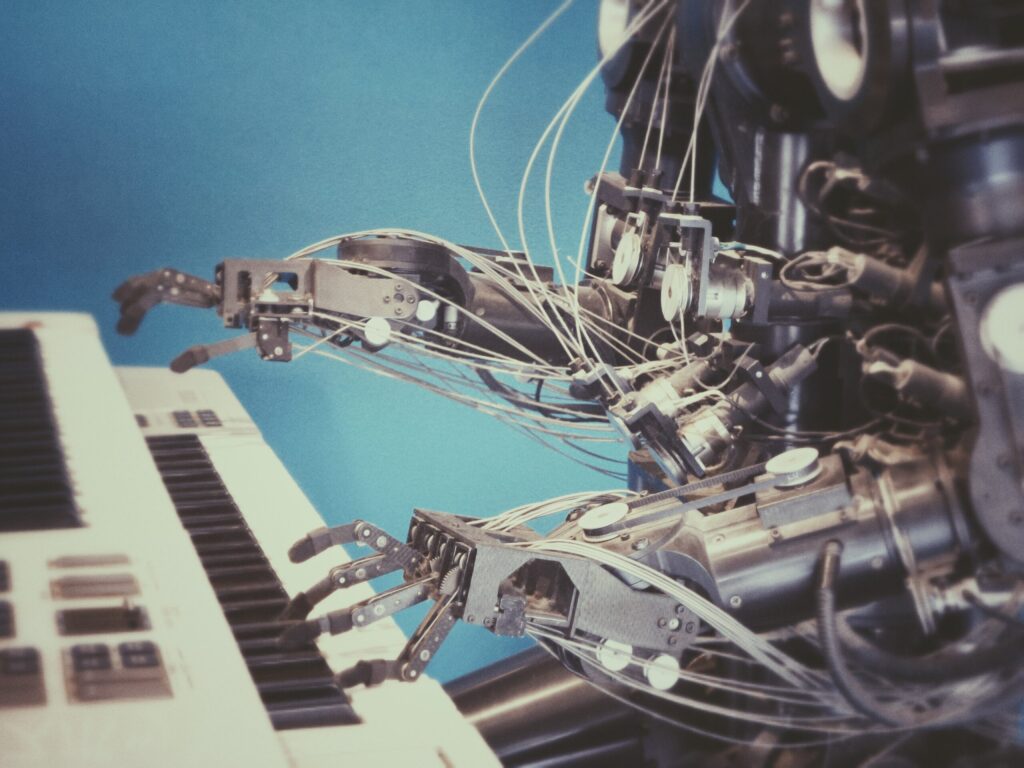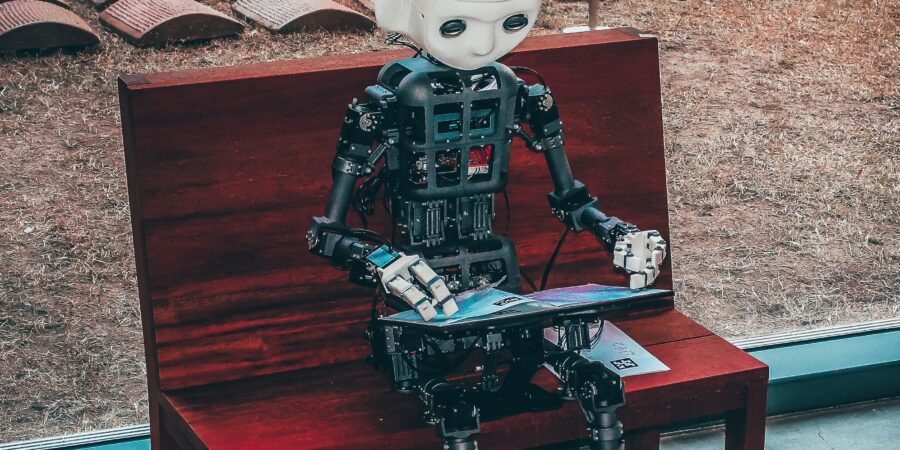{Radio} AI can now claim legal ownership of its inventions
In a world first – an Australian court has recently ruled that Artificial Intelligence (AI) technology can be granted the legal status of inventor and granted patents.
This may not seem like a big deal, but up until now humans were the only ones who could apply for and receive patents, seems obvious.
But in a what was right then, is not necessarily right now plot twist, we have for decades had AI developing new and novel thoughts, procedures, practices, products, medical interventions, art, music, building designs and so much more, but its invention not be recognised by courts.

Each of these is a product developed by someone, who is often looking for a commercial return, or acknowledgment of their effort, in the form of a patent, that will allow them to uniquely own and sell their unique products or service.
Courts around the world have long required a person to be the inventor of a unique thing, rather than a corporation.
This was valid attempt to acknowledge the work done by a person in inventing or innovating that thing, even though the ultimate beneficiary of the work is the employer of the person doing the work. This transfer of ownership is often dealt with in an employment contract in which the employee agrees to assign all rights to their work to their employer.
Now, without turning this into a legal discussion and taking it not the realms of commercial reality, very few businesses are going to spend money using AI to invent or innovate when what AI comes up with can not be legally owned by them.
This puts us in a business world where being able to invent more, better and differently using AI but is not commercially viable, so we’re going to continue to use humans exclusively, because we can get a patent on what humans come up.
The Australian court was the first in the world to rule that AI could be nominated as the inventor of the patent idea and that the owner of the AI could in turn be given the exclusive legal and commercial rights to the idea, something the USA, UK and other courts have so far denied.
What this may lead to is exponential innovation and invention, if we can have both humans and AI working to resolve and solve and regardless of which comes up with the eureka moment we can commercially sell the outcome, than watch pharmaceutical, banking, insurance, transport, governments, mining, space and pretty much every other industry jump on this new AI frontier.
Exponential ingenuity here we come.
For more on this landmark case and an explanation of how AI invent things, listen to Hong Kong Radio 3’s Phil Whelan and I chat about the many ramifications of this ruling and also celebrate HG Wells birthday, by taking a look at his incredible novels and how many of his crazy ideas have turned into everyday objects and things.
Listen now (13 minutes 27 seconds)


